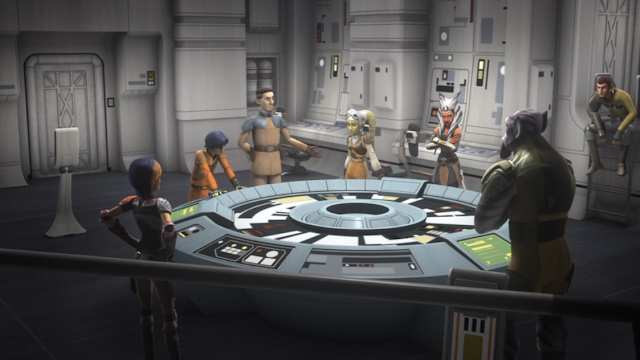When Klaatu arrives on Earth, he says, "We have come to visit you in peace and with goodwill," which echoes what the angels say in Luke 2:14 when they announce Jesus' birth to the shepherds: "'Glory to God in the highest, and on earth peace, goodwill toward men!'" [NKJV]
When Klaatu escapes from the military hospital, he disguises himself in clothing belonging to a Major L. M. Carpenter, and he takes on Carpenter's name as his own. In the Bible, Jesus is referred to as "the carpenter" (Mark 6:3) and "the carpenter's son" (Matthew 13:55).
Klaatu also acknowledges a higher power. After he is apparently revived from death by Gort, Helen asks him, "You mean, he has the power of life and death?" and he replies, "No, that power is reserved to the Almighty Spirit; this technique, in some cases, can restore life for a limited period."







